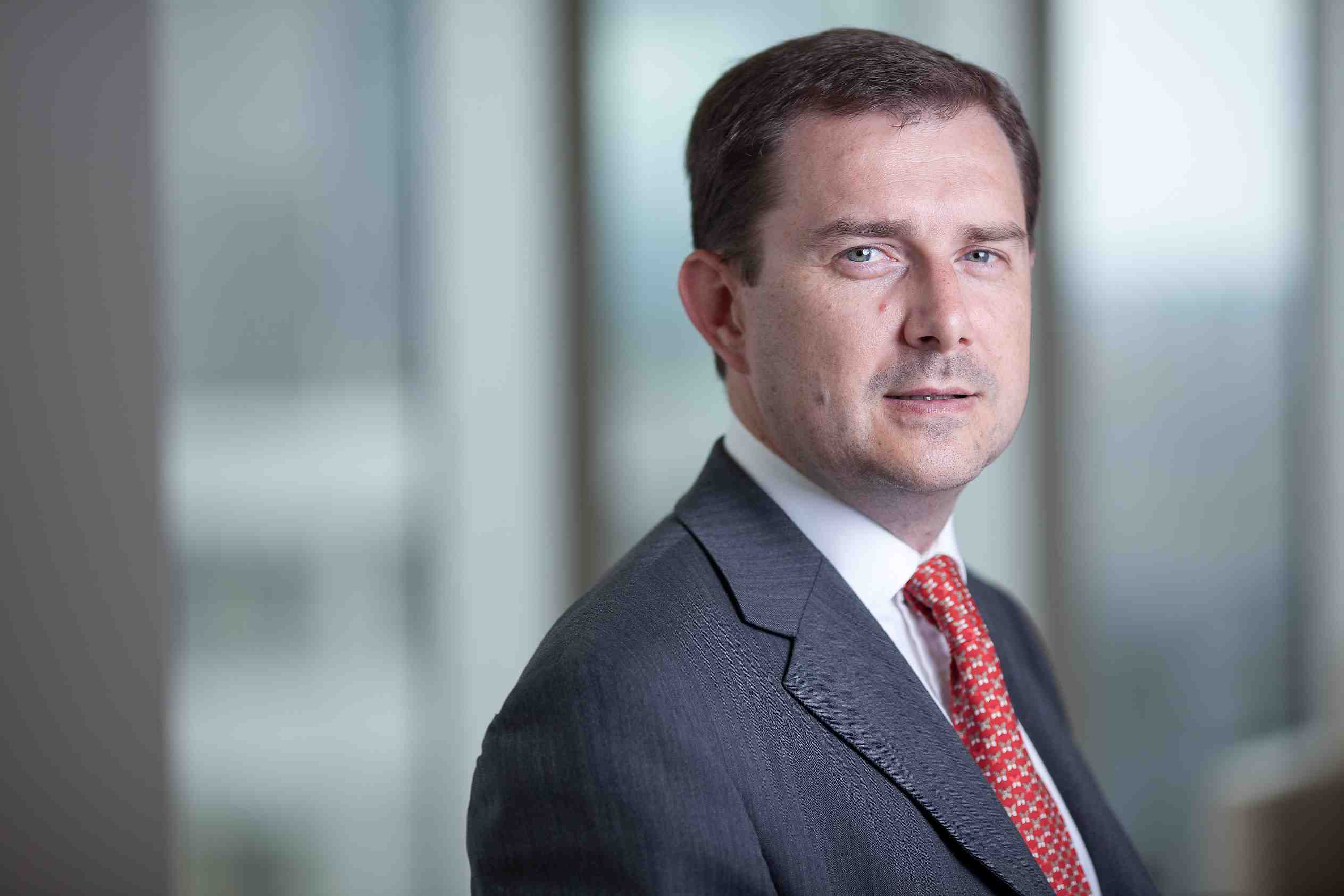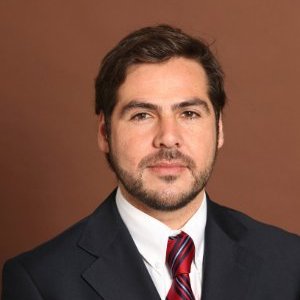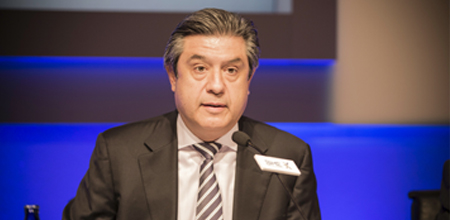From a rigid framework driven by investor demands for strict style adherence, asset managers are enjoying expanding freedoms in managing investment strategies. After a twenty-five year period of intermediaries constricting active managers’ discretion and forcing narrower and narrower parameters in the name of style purity, the grip of style-box logic is slowly loosening. The change is hugely important: prescriptive style management had dictated the control of asset allocation as well as product development & selection for two decades. A new regime is emerging.
During the “Reign of Style” (1992-2008), asset management product development and relationships with intermediaries and end-investors had been tightly categorized and controlled. Arguably, the alpha potential was squeezed out of many good managers and ETFs elbowed their way in. Within this period, there were two groups: those who fit into a box (so called traditional, long-only asset managers) and those who did everything to hide in the shadows so as not to be trapped (so called hedge funds).
‘Asset Allocation’ and ‘Alternatives’ categories are the real winners since 2008
Since 2008, a new era of asset management has started to settle in. ETFs will continue to fulfill requirements for low tracking error accuracy – head to head competition is not advisable. Asset managers should seek to get themselves out of the box before they are pushed out (either by unsustainable margin compression or dwindling flows).
As if the rising dominance of ETFs were not enough, the greater ranges of freedoms for managers come with another less visible though perhaps more pernicious challenge. Intermediaries, be they institutional consultants, global banks, IFA/RIAs, TAMPs, platforms or online advice models have all jumped into the asset management game in various guises. In many cases, using ETFs as the underlying instruments for broadly applicable asset allocation driven ‘solutions.’
The ways we have historically defined an asset manager relative to an intermediary no longer apply. Asset management, as we had come to know it in the last 25 years, is being redefined. Understanding the blurring of the lines between alternative and traditional is certainly important but, equally significant are the eroding lines between the intermediary selecting and allocating to asset managers and the asset managers themselves.
Asset management companies should not expect a resurgence of the intermediary relationships and distribution models of the past; the future holds a more complex reality. Further, active asset managers must be careful not to suffer from the former generosity of their intermediary captors and remain complacent. Intimidated by the lingering power of the box and the desire to fit within what are perceived to still be the guidelines of intermediaries offering access to their clients’ money, managers’ strategic decision-making may be misguided by the affects of the Stockholm Syndrome.
There are rare few exceptional specialist managers. Self-directed and focused on true exploitable inefficiencies, these managers will continue to thrive – capturing the imaginations and wallets of the albeit more selective group of investors seeking their services. Middle of the road managers are most susceptible to relying on the former paradigms for too long and getting the squeeze. If you stand in the middle of the road for too long, you get run over.
“Box logic” is indeed on the decline but, in this industry, it takes a long time to replace established practices – even when they are clearly no longer best practices. Asset managers of the traditional or newly emerging ‘hybrid’ variety need to understand the context in which they are managing their business today and into the evolving future. Increasingly, investors are relying on asset managers to:
- Develop and manage investment products with more embedded asset allocation decisions,
- Increase the level of “active share” in the specialized portfolios that they manage,
- Provide cheap and efficient exposures when warranted.
Seen above, the “Periodic Table of Worldwide Flows” shows where the money has gone. Understanding the underlying dynamics of the industry and motivations of its players informs us where it is headed.
Propinquity is focusing on the implications of a broad set of changes taking place in the asset management industry. Perhaps above all else, over the long-term these changes reflect a broader thesis about the evolving dynamics of the manufacturing / distribution model and the relationship between investors, intermediaries and asset managers. It is becoming increasingly evident that the later two are in a quiet but ferocious battle for the attention and fee-earning opportunities from the former.
Though they may not be at the very top of the league tables, ‘Asset Allocation’ and ‘Alternatives’ categories are the real winners since 2008. Regardless, when one dives deeper into the numbers, the product trends in fixed income and equities reflect the same logic – more flexibility, unconstrained and global. Growth in these categories is an indication of the longer-term (20 year+) structural changes taking place within the industry. These flows only hint at the developing mindset of industry players and the frameworks for how we think about investing globally.
Where many funds now in Asset Allocation and Alternative eventually get categorized is the task of Morningstar and other ‘categorizers’ who are working hard to figure it out. The categories are being developed nearly as quickly as funds are being launched to fill them. Like hedge funds of old, the funds in these categories are, in many cases, ‘anti-category’ approaches. Arguably, many of the best managers and their funds defy strict categorization.
Notes:
Fund flow data should always be viewed with caution. The data tends to shift with the tides and, even given the best efforts at ‘scrubbing,’ is prone to error and unintentional miscalculations. Categorizations of individual funds change through time as do the position of the funds within defined categories. New categories emerge, existing ones are made obsolete and mergers are common. What might appear as a spike or slip in total AuM and flows may in fact be due to a re-categorization. Of course, not all funds fit neatly into a single category.
Ironically, traditional “hedge funds” are being subjected to increasingly narrower buckets – the risk of ‘style drift’ is squeezing the opportunities of a flexible approach right out. It is ironic that, now subject to higher levels of scrutiny and demands for transparency, many of the 20 year old ‘style analysis’ tools have become part of the toolbox for doing due diligence on LPs. From five categories 15 years ago, hedge fund styles are sliced and diced into 100+ categories and hedge fund alpha as a whole in contracting. See earlier articles for extensive discussions of descriptive vs. prescriptive roles of style and the management of investments.
Article by Roland Meerdter, founder and managing partner of Propinquity Advisors









